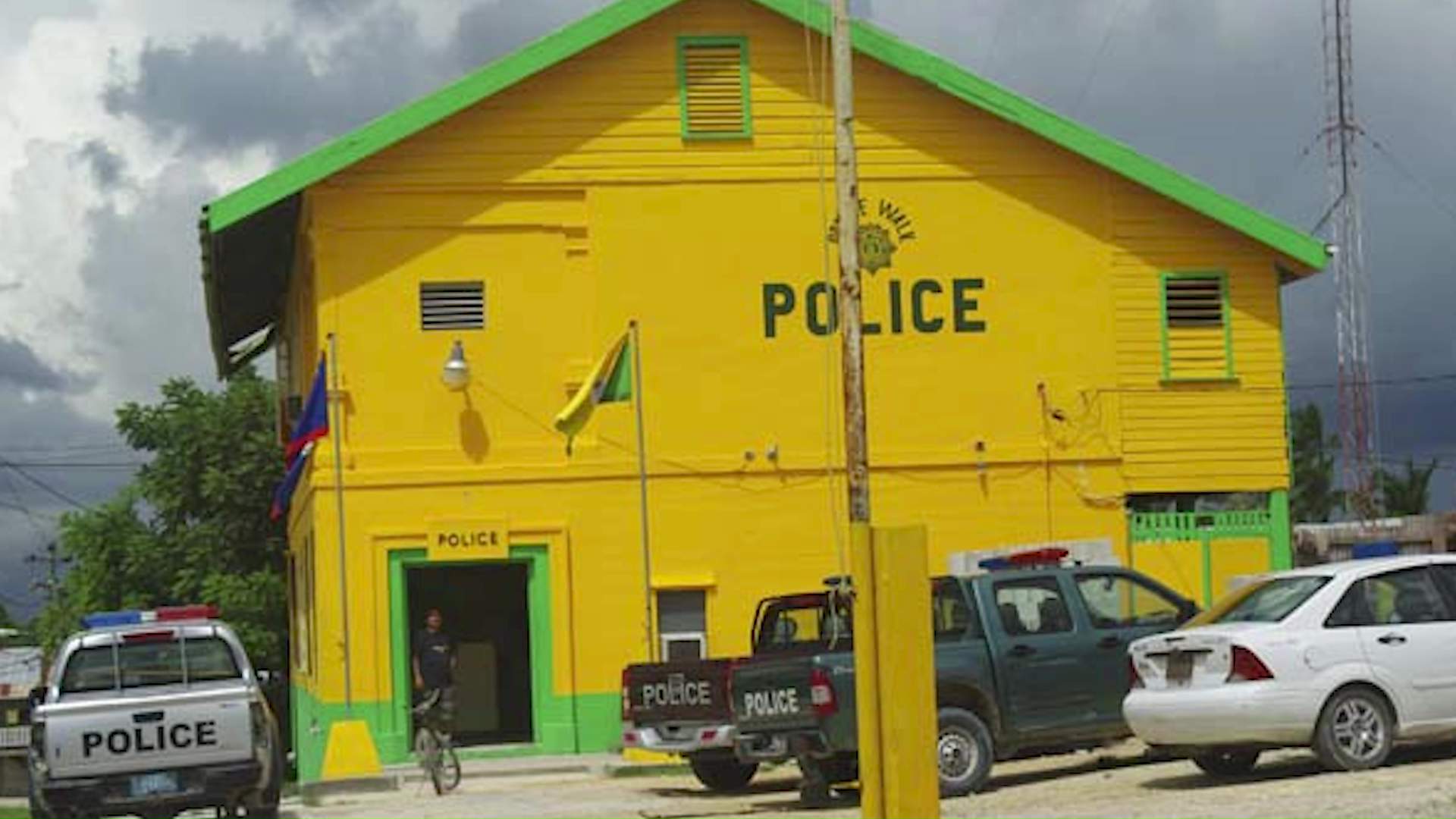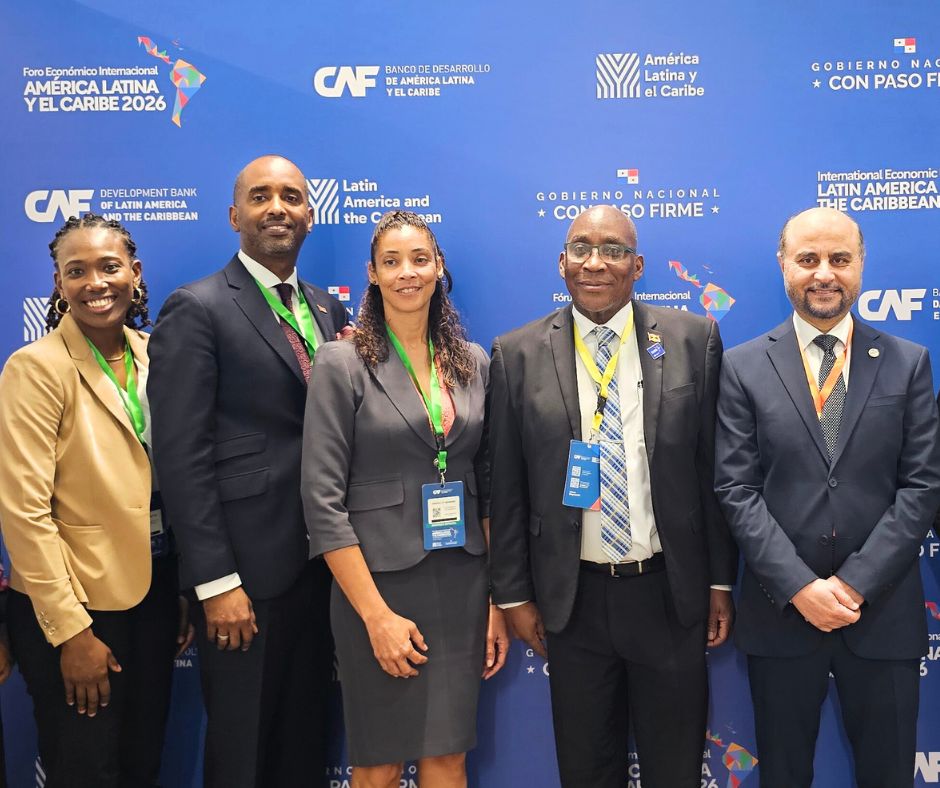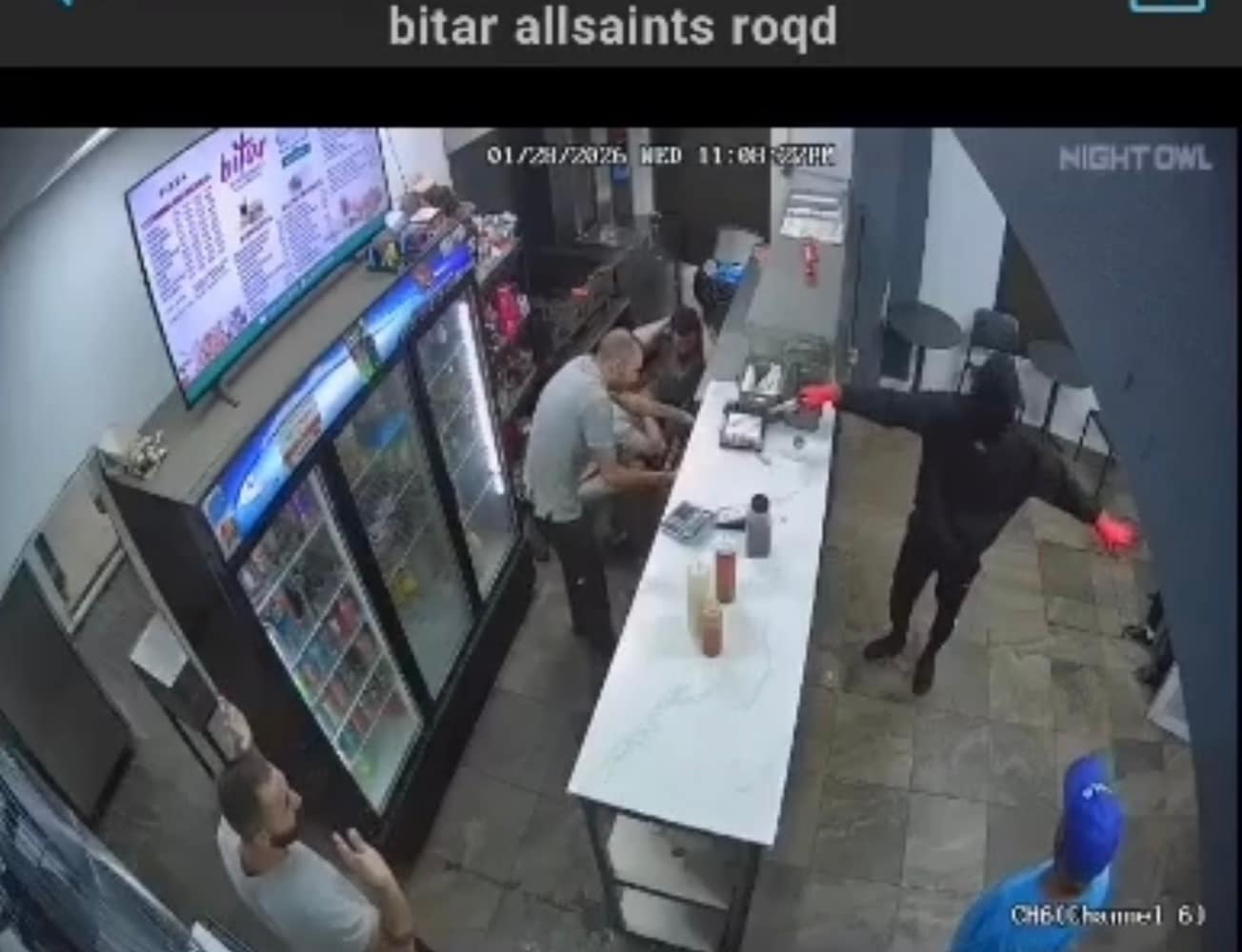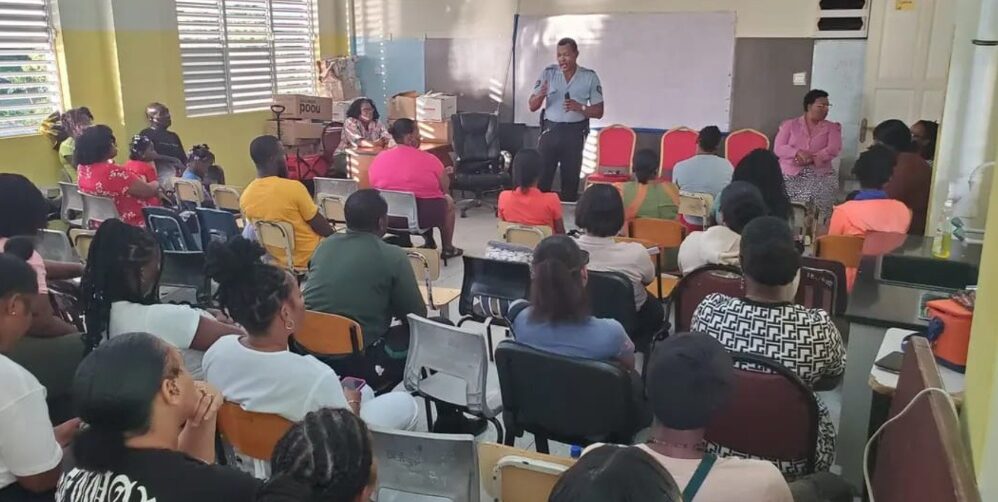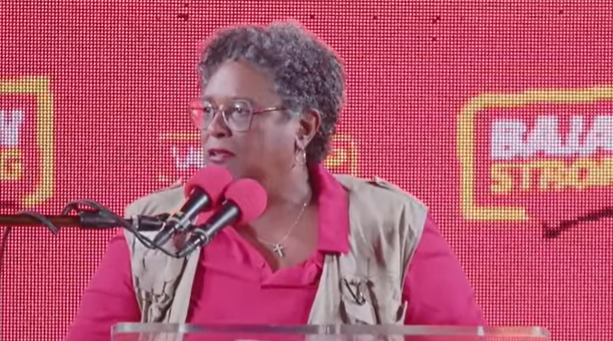In the serene village of Camalote, Belize, a remarkable story of personal redemption is unfolding through the power of written verse. Oliver “Shiloh” Wiltshire has discovered that poetry composed during his most challenging periods ultimately became the catalyst for his spiritual and creative rebirth after nearly a decade of losing his way.
Wiltshire’s journey represents a profound testament to resilience and self-discovery. Previously established as a semi-professional athlete, educator, and village council chairman, he experienced a significant personal detour that lasted approximately ten years. During this period, his extensive collection of poetic works—more than thirty volumes worth of material—remained concealed beneath his bed, forgotten yet preserving the essence of his earlier struggles and reflections.
The turning point emerged when Wiltshire rediscovered these stored writings. “When I began to revisit these poems and read them anew, they spoke directly to my lived experiences,” Wiltshire explained. The verses, initially created as an emotional outlet, unexpectedly provided the guidance he needed to reorient his life’s path.
Now, Wiltshire has embarked on an ambitious creative mission: transforming his poetry into musical compositions that can reach global audiences. He has established Shiloh Productions and partnered with Luke “JR Rebel” Banner, a respected figure in Belize’s music scene known for his work with the popular duo “Instruments of Love” fifteen years prior.
Banner brings renewed perspective and maturity to the collaboration. “Returning to music now involves greater focus, lyrical sophistication, and mental clarity,” Banner noted. “I approach the craft with enhanced confidence and excitement about what we can deliver.”
The production team is completed by Asaad “DJ Dice” Patnett, who handles engineering and marketing responsibilities. Having grown up in Camalote exposed to Wiltshire’s poetry since childhood, Patnett recognizes the project’s unique potential. “This initiative breaks new ground creatively,” Patnett emphasized. “These poems have resonated with me since my youth, and now we’re giving them new life through music.”
Wiltshire draws inspiration from diverse sources including life experiences, religious texts—particularly his well-used Bible—and works by Belizean authors. His ultimate objective transcends conventional boundaries: “I aim to share these messages through music, literature, and poetry so they can resonate regardless of religious, political, national, or racial backgrounds.”
The team is currently seeking support to upgrade their studio equipment and fully realize their artistic vision, transforming personal redemption into shared creative expression that promises to inspire well beyond their village borders.


